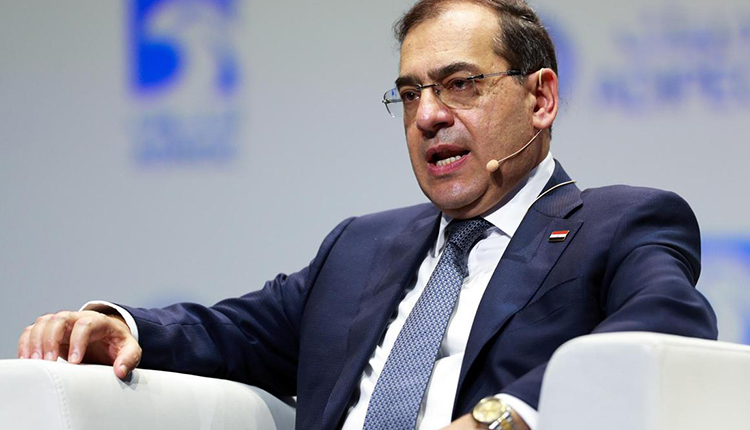Egypt’s LNG exports at full capacity of 1.6 bcf/d after gas price rise – minister
Egypt’s natural gas exports are now at full capacity of around 1.6 billion cubic feet per day (bcf/d) from its two natural gas liquefaction terminals as it seeks to benefit from a rise in international gas prices, Petroleum Minister said on Thursday.
Speaking to Reuters, Minister Tarek el-Molla said Egypt’s natural gas production is stable, currently ranging between 6.5 and 7 bcf/d.
Exports are expected to drop to 1 bcf/d in April due to regular seasonal fluctuations, Molla noted, as domestic consumption starts surging into the summer.
For Egypt, gas and oil are a crucial source of foreign investment and dollar revenues. The North African country has been working to position itself as an energy hub ever since the 2015 find of the giant offshore Zohr field.
It has also worked to increase regional gas trade by hosting the East Mediterranean Gas Forum, designated to promote gas exports from the region.
“Egyptian gas has played a role in securing Europe’s energy needs,” the Egyptian minister told Reuters in separate comments at an EMGF conference last week. “The liquefaction units are now operating at full capacity as we try to maximise our natural gas exports in light of the rise in international gas prices.”
El-Molla did not say what level LNG exports had surged from, but Egypt has expanded exports after ending a long shutdown at the Damietta liquefaction plant in February.
Egypt currently imports about 450 million cubic feet of gas per day (mmcf/d) from Israel for re-export, a figure that Minister Molla said it seeks to raise to 600-650 mmcf/d by the first quarter of 2022. Last week, Egypt and Israel inked a memorandum of understanding to boost gas supplies from Israel to Egypt for re-export, explore the possibility of using an existing pipeline between the two parties to transport hydrogen in the future, and to expand the use of less carbon-intensive fuels to reduce greenhouse gas emissions in the region.
The country recently made amendments to crude oil extraction agreements, which the minister said could lead to a surge of about 100,000 barrels per day (bpd), from current production of 575,000 bpd.
Minister el-Molla further said the amendments could result in $5 billion in new investment over the upcoming three years, while $6 billion in foreign investment in the energy sector is expected during Egypt’s current financial year, which ends in June.



